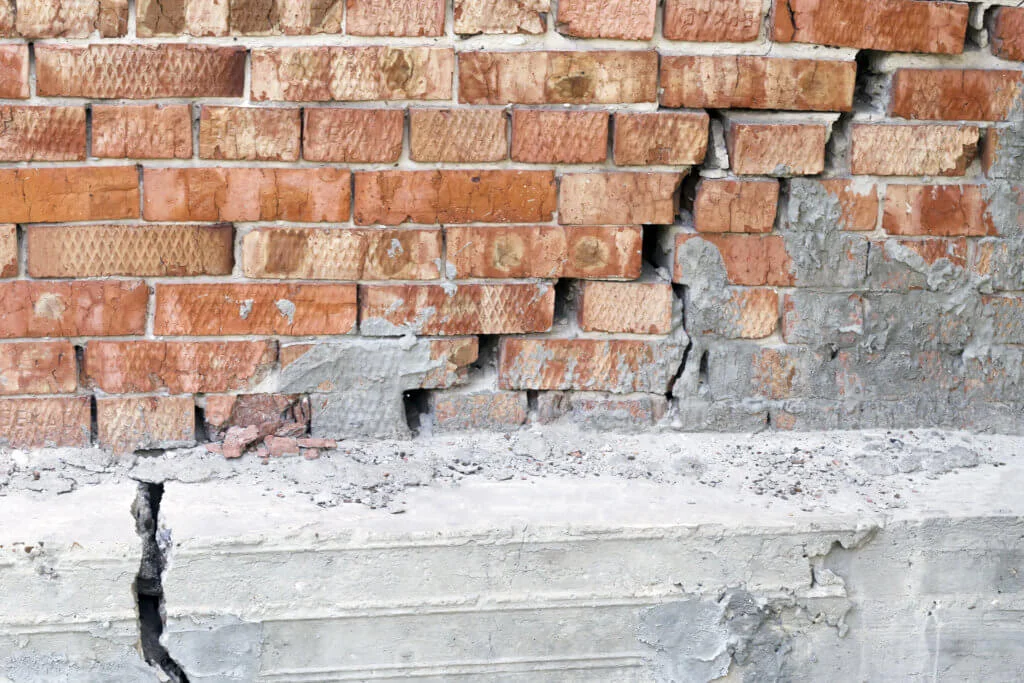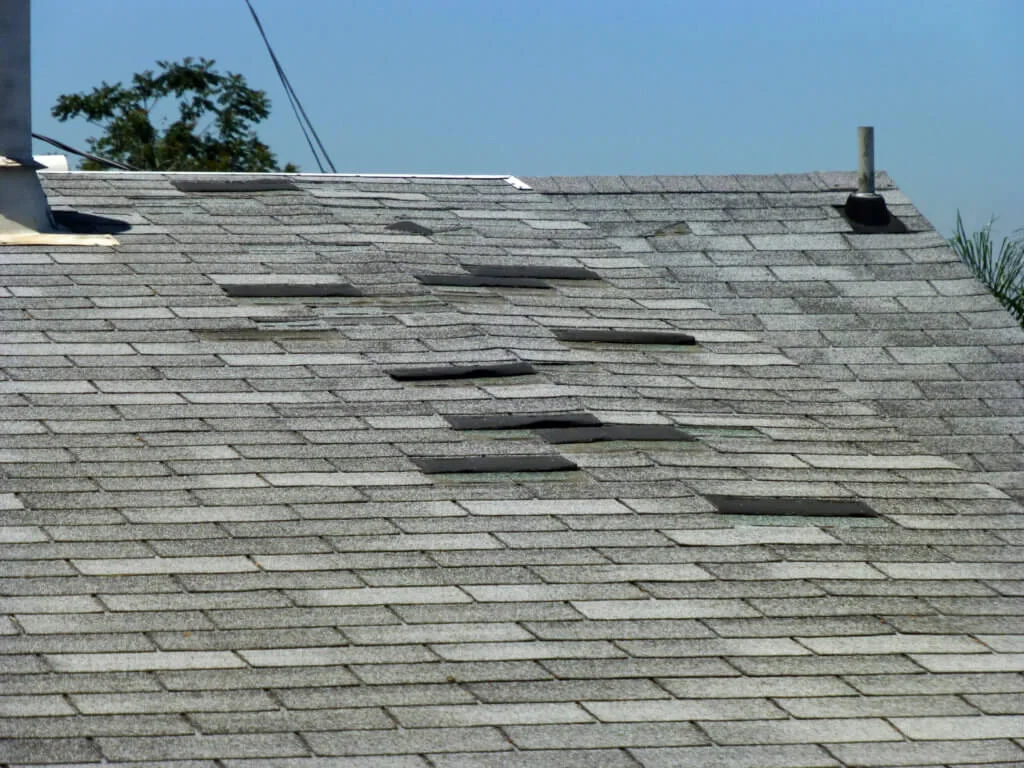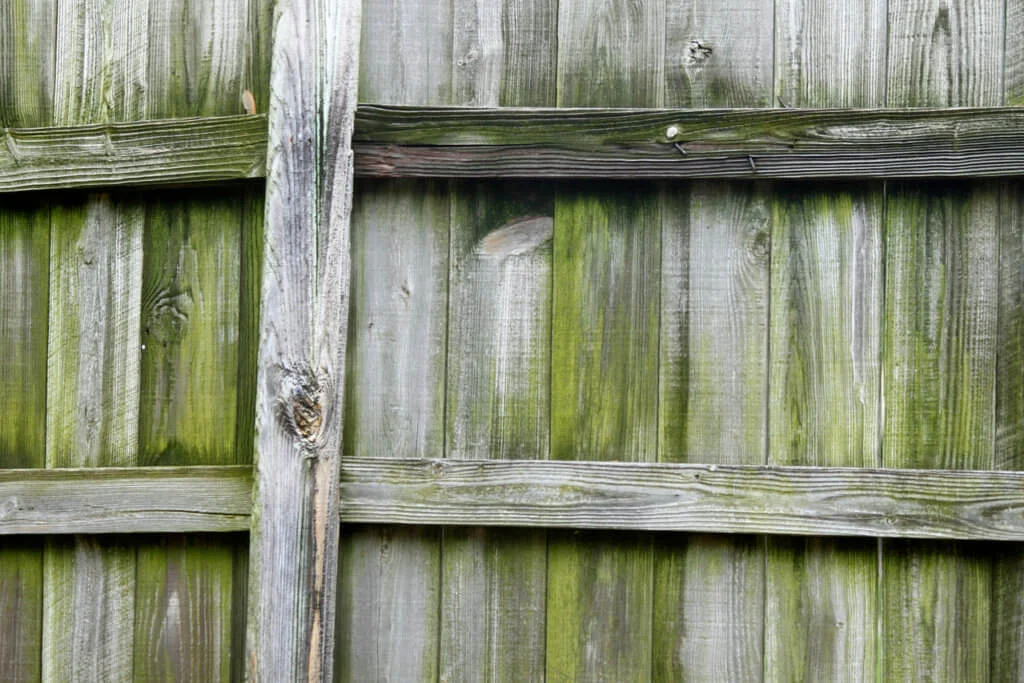You’ve decided to sell your home, congratulations!
Now it’s time to think about the details of the process, and that typically includes the home inspection. Traditional buyers and even iBuyers often include a home inspection in their offer to the seller.
The inspector is usually selected by the buyer, so it’s important to know what questions you should ask a home inspector. Because your time and resources are important, a home inspection can be a major hassle and sometimes it may be more beneficial to choose a different approach that allows you to sell with ease.
If you do decide to opt into a home selling method that involves a full home inspection, it is best to familiarize yourself with the process beforehand.
Today’s real estate market is not the same one your parents navigated 30 years ago. It’s not even the same as it was 10 years ago. Real estate buying and selling have evolved along with today’s technology, and so has the home inspection.
HomeGo has embraced the evolution of the real estate market and uses a team of local agents to appraise the home. This creates a faster, more accurate appraisal and allows the majority of the home research to be concluded before the walk-through.
Defining the Home Inspection
The American Society of Home Inspectors (ASHI) defines a home inspection as, “an objective visual examination of the physical structure and systems of a house, from the roof to the foundation.”
A home inspection for the seller can feel like a scary experience. However, if you’re prepared ahead of time for the type of questions a buyer may ask before, during, after an inspection, it’s less overwhelming.
A buyer may have questions to ask a home inspector that range from generalities regarding an overview of the inspection to specifics focused on the home’s plumbing or electrical system.
Consider the following questions buyers may ask a home inspector about your property.
Questions to Ask the Home Inspector Prior to the Inspection
1. Do I Need to Be There?
The ASHI does not require that a seller or even the buyer be present at the home inspection. It’s often recommended that the seller not be there, while the buyer usually opts to attend.
With a traditional home inspection, the buyer can observe the proceedings and ask questions to learn about the home’s condition, any issues, and maintenance recommendations.
However, with HomeGo agents, it’s the seller who walks alongside and guides the home inspection tour because you’re the one that knows the house best.
2. How Long Does a Home Inspection Take?
Every home inspection is unique to the property and will vary in length of duration. It can take as few as 90 minutes or up to six hours depending on the size of the property and the condition of the home.
If there are additional buildings on the property such as detached garage(s), barns, or storage facilities, the inspection may take longer. One of the benefits of having a HomeGo walk-through as opposed to a traditional inspection is that it takes significantly less time, only about 15 to 30 minutes.
3. What is Inspected?
According to ASHI, the standard home inspector’s report covers:
-
The roof, attic, and visible insulation
-
The foundation, basement, and structural components
-
The heating and cooling systems
-
The electrical and interior plumbing systems
-
Interior ceilings and floors
-
Interior and exterior inspections of windows and doors
In addition, buyers may also want to have the home checked for termites or wind mitigation. Wind mitigation, as stated InterNACHI (International Association of Certified Home Inspectors), is “the implementation of certain building techniques in order to limit the damage caused by intense wind.”
Wind mitigation or wind-mit may not be a concern in many areas and along with termite inspection, it’s not normally included in a general home inspection as both require specialists. The buyer would need to request this additional inspection and would be responsible for the cost.
4. If Any Damage Happens During Inspection, Who is Responsible?
Some days things just don’t go as planned. If any damage happens during a home inspection, it can be difficult to prove who is at fault and that can be a problem for the seller. If you’re present as the seller during the inspection, you bear witness to the entire process and that’s what you get with HomeGo.
If you’re not there to witness the damage or a video surveillance system doesn’t capture the incident, it’s likely you as the homeowner/seller will be responsible for repair costs.
Questions to Ask the Home Inspector During the Inspection
5. Are There Any Foundation or Drainage Issues?
The foundation of any home or building needs to be structurally sound and without issues that can lead to potentially large repair costs. A foundation that’s sinking, cracked, or otherwise damaged may present safety problems and can lead to multiple, expensive repair projects. Questions regarding the foundation usually are at the top of a buyer’s list for a home inspector.

There’s more than meets the eye when it comes to foundation issues. Don’t be fooled into believing your foundation is up to par just because there are no visible cracks or flaws.
Many underlying foundation issues go entirely unnoticed until they’re uncovered during an inspection.
Drainage issues can result in standing water that can lead to not only foundation problems but seepage into the crawlspace or basement. Water seepage can cause mold, which becomes a serious health issue for the home’s residents.
Standing water also attracts insects and other pests. Poor drainage due to issues with city sewer lines can be another problem and must be addressed by the city.
6. How Old is the Roof?
Roofing may be a concern during inspections because if the roof is past its prime, an insurance company can opt not to cover it. The life span of a residential roof varies on several factors that include weather conditions and climate of the region and the roofing materials.

In general, homeowners can expect these lifespans for roofing materials:
-
Asphalt shingles: 20 years
-
Fiber cement shingles: 25 years
-
Wood shake styles: 25 to 30 years
-
Copper, tile, and slate materials: 50 years
A home’s roof should be inspected by a qualified roofing professional at least once a year to check for damage, leaks, and any other issues.
7. If there’s a Septic System, Does it Need Inspection?
Like a roof, if a home has a septic system, it needs to be inspected once a year by an industry professional. As soon as the property is listed for sale, it should be inspected as well.
InterNACHI lists the septic system as the household’s most expensive fixture, so if it’s neglected, repair costs can cut into a budget.
8. Are There Any Issues with the Wood?
Wood rot happens, unfortunately. Also known as wood decay, inquiring about wood issues is almost always one of the top questions to ask a home inspector when buying a property.
Rot is common if the home has wood siding, trim, and decking. On average, wood materials used for siding and decking have a lifespan of about 10 to 20 years if properly maintained.
Wood issues may not be limited to the exterior. Poor ventilation/circulation can lead to humidity and the decay of interior wood materials.
While termites and carpenter ants don’t cause wood rot, they do damage the wood that’s been softened by rot/decay. A termite inspection may be requested by the buyer and is done at their expense.

9. Is the Electrical System Safe and Current?
An out-of-date or faulty electrical system can mean serious safety concerns for the homeowner and any potential buyer.

Most buyers will ask a home inspector questions regarding the electrical system. In older homes, outdated systems typically need to be replaced, or they present a fire hazard. These can be expensive repairs.
If there are any issues with the electrical system, especially if it’s old, it will need to be brought up to code to meet the National Electric Code standards.
10. Are There Any Biohazards?
Questions to ask a home inspector will often include inquiries about lead paint, asbestos, mold, and radon. These are considered biohazards and unfortunately, they’re commonly found in older homes.
Even a newer construction may have mold due to the roof or foundation leaks and it can even suffer from what is known as “sick house syndrome” if there isn’t proper ventilation throughout. Homes of all ages also may be affected by underground pollution, another biohazard, related to and caused by septic or oil tanks.
Questions to Ask the Home Inspector After the Inspection
11. What Needs to Be Fixed Right Now?
Depending on the issues that are found, if any, certain repairs must take priority. Any issues uncovered during the home inspection that present any level of safety issue must be addressed first. A seller may have to defer to the buyer’s definition of safety.
12. How Long Do Repairs Take and Will They Effect Move-In Date?
Because every home is unique and each home inspection has its own results, the timeline for repairs can vary. Things that affect how fast repairs are completed include the severity of the problem, does the whole roof need to be replaced, or do is it just a few shingles?
Is it summer and the entire HVAC system needs attention, but because of the season it may take a while to schedule an appointment?
If a seller has to make these repairs, it can add time before the final closing goes through.
13. How Much Do These Repairs Cost?
Like the timeline for repairs, their cost also varies greatly. It will depend on the age of the home, type of repair, and even the region of the country factors into the overall cost.
With HomeGo, sellers receive on-the-spot offers and have the potential to close in as few as seven days.
Home Sellers: Preparing for Inspection
Before any type of home inspection happens, it’s essential for a seller to prepare their home and property. Tips include:
-
Basic cleaning of interior and exterior of the home, including gutters and decks
-
No pets during the inspection: take them with you or keep them securely crated
-
Ensure rooms, hallways, stairs, and other areas are clutter-free with ample room to move through the space
-
If there’s snow or debris on the ground, clear walkways, driveway, and deck
-
Be sure access is available to all areas of the property including the attic, crawlspace, and any HVAC systems positioned in a storage space
-
Replace light bulbs as needed, light is essential during a home inspection and part of the electrical inspection
-
Make sure all smoke and CO detectors work and the home alarm (if there is one) is fully functional
-
Never leave clothes in the washer and dryer or dishes in the sink and dishwasher
All home sellers should be aware that once your property is on the market, whether with a traditional real estate agent or through an iBuyer, a home inspection is likely to happen.
It’s part of the process and, if the seller doesn’t prepare, the home inspector can struggle to do their job and the odds increase that the results won’t be as favorable.
The HomeGo Difference
Selling a home with HomeGo means no traditional home inspector, regardless of the age and state of the home. Because HomeGo agents specialize in homes that need repairs, there’s never a need for an in-depth inspection.
With HomeGo, all that’s needed is a walk-through that’s always non-invasive, leaves little chance for damage, and takes a fraction of the time a traditional home inspection would take.
Sellers and HomeGo work together; the seller is part of the process to ensure everyone is on the same page. On average, your home can sell within one to two weeks when with HomeGo versus months with a traditional real estate experience. With HomeGo, sellers can save time, money, and hassle.




